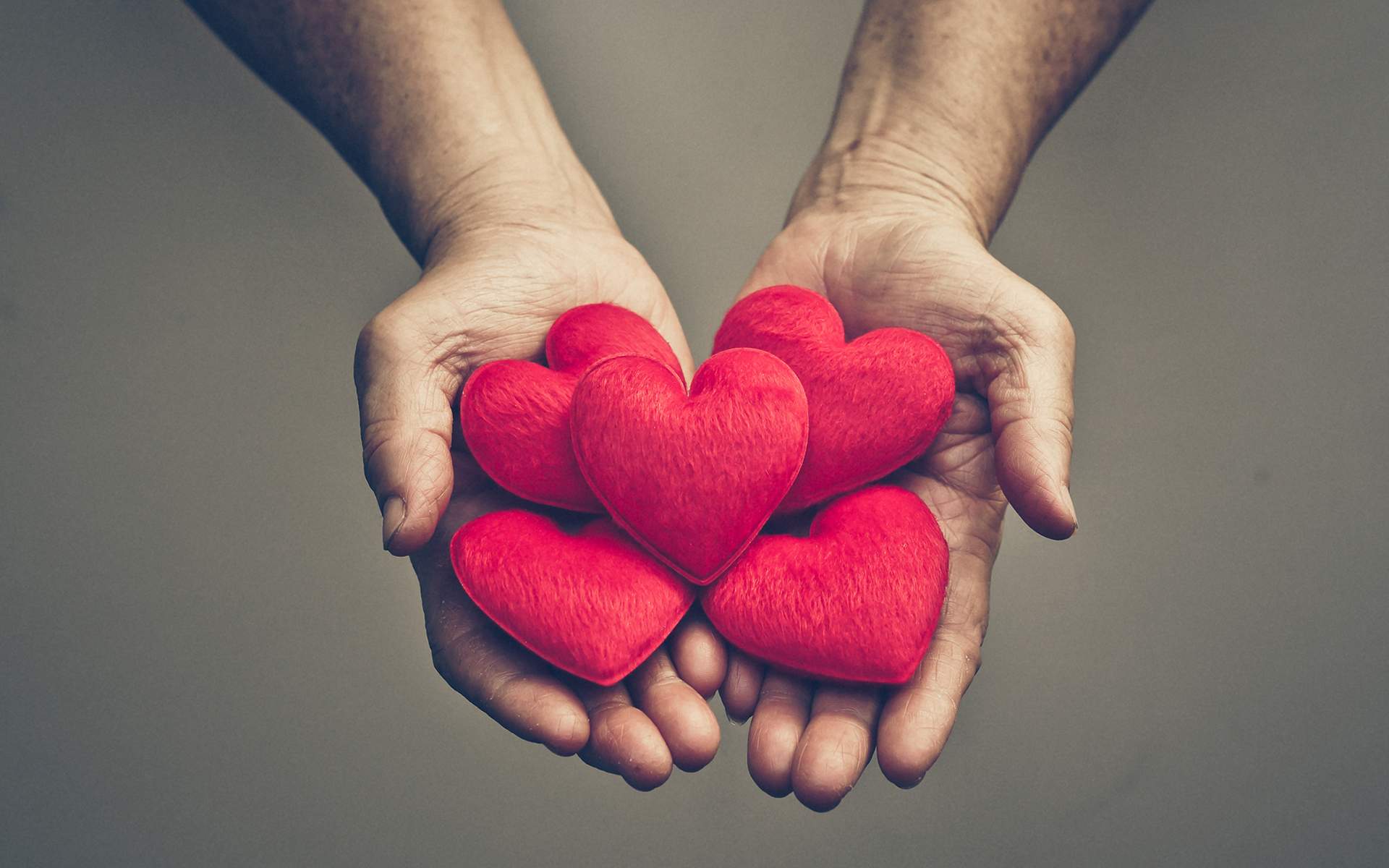
Boost Compassion & Courage in 15 Minutes
Discover how a simple 15-minute self-affirmation exercise can increase compassion, reduce schadenfreude, and boost courage. Science-backed results!
Discover why facing hardships builds resilience and leads to long-term success, with insights from psychologist Benjamin Hardy on embracing challenges.

We all dream of a life free from worries—endless happiness, financial security, and perfect relationships. But what if constant comfort actually holds you back? According to psychologist Benjamin Hardy, bestselling author of Willpower Doesn’t Work, adversity is a key driver of personal growth.
Contrary to popular belief, positive emotions don’t always produce the best results. Hardy explains:
"Negative experiences and emotions often create the most transformative outcomes. Avoiding challenges is one of the worst things you can do for long-term success."
He references Douglas Malloch’s famous poem: "Good timber does not grow with ease—the stronger the wind, the stronger the trees." This metaphor highlights how resilience is built through struggle.
We often avoid challenges because we overestimate their difficulty. Hardy compares this to hesitating before jumping into a cold pool:
"Motivation follows action. Start before you feel ready."
Facing hardships teaches you to:
Hardy warns that not all change leads to improvement. For example:
"Growth requires intentional change. Difficulty breeds meaningful habits."
Resilience isn’t innate—it’s forged through challenges. By leaning into discomfort, you build the strength to thrive in any circumstance. As Hardy proves, the path to success is often paved with obstacles.

Discover how a simple 15-minute self-affirmation exercise can increase compassion, reduce schadenfreude, and boost courage. Science-backed results!

Explore Ohio's forgotten towns and scenic backroads while learning mindfulness lessons from unexpected detours. A travel reflection on seeing beyond the highway.

Learn a simple 3-step mindfulness technique to unhijack your attention, reduce stress, and improve present-moment awareness in just 2 minutes.